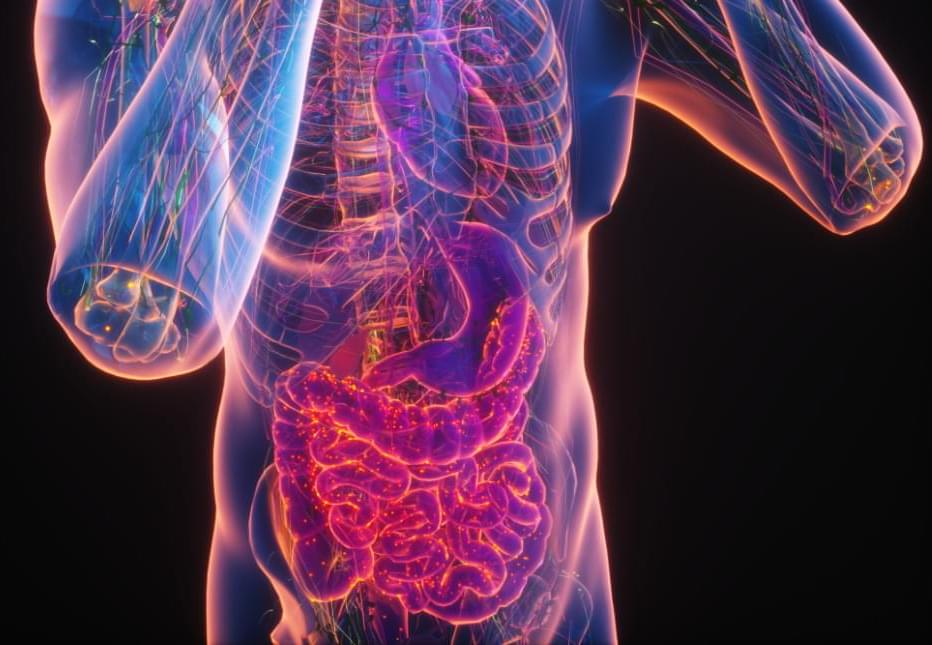Scientists at Weill Cornell Medicine discovered a previously unknown link between two key pathways that regulate the immune system in mammals — a finding that impacts our understanding of chronic inflammatory bowel diseases (IBD). This family of disorders severely impacts the health and quality of life of more than 2 million people in the United States.
The immune system has many pathways to protect the body from infection, but sometimes an overactive immune response results in autoimmune diseases including IBD, psoriasis, rheumatoid arthritis and multiple sclerosis. Interleukin-23 (IL-23) is one such immune factor that fights infections but is also implicated in many of these inflammatory diseases. However, it was unknown why IL-23 is sometimes beneficial, and other times becomes a driver of chronic disease.
In the study, published June 12 in Nature, the team found that IL-23 acts on group 3 innate lymphoid cells (ILC3s), a family of immune cells that are a first line of defense in mucosal tissues such as the intestines and lungs. In response, ILC3s increase activity of CTLA-4, a key regulatory factor that prevents the immune system from attacking the body and beneficial gut microbiota. This interaction critically balances the pro-inflammatory effects IL-23 to maintain gut health, but is impaired in IBD.
